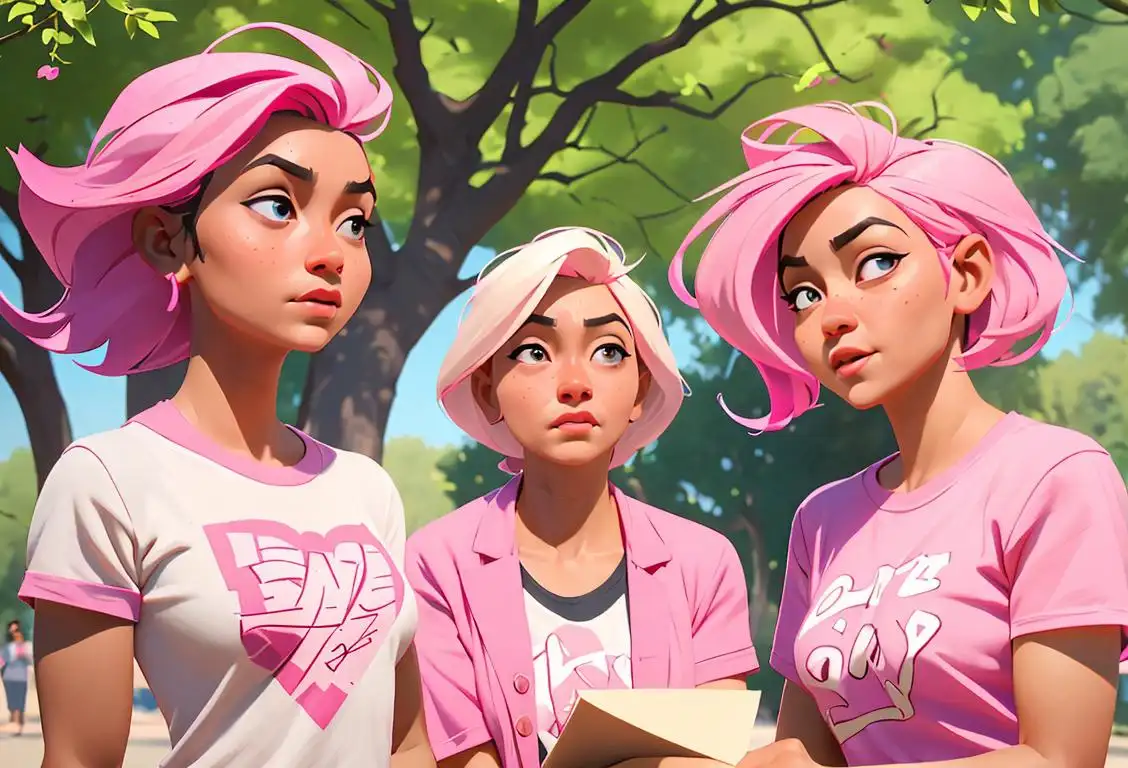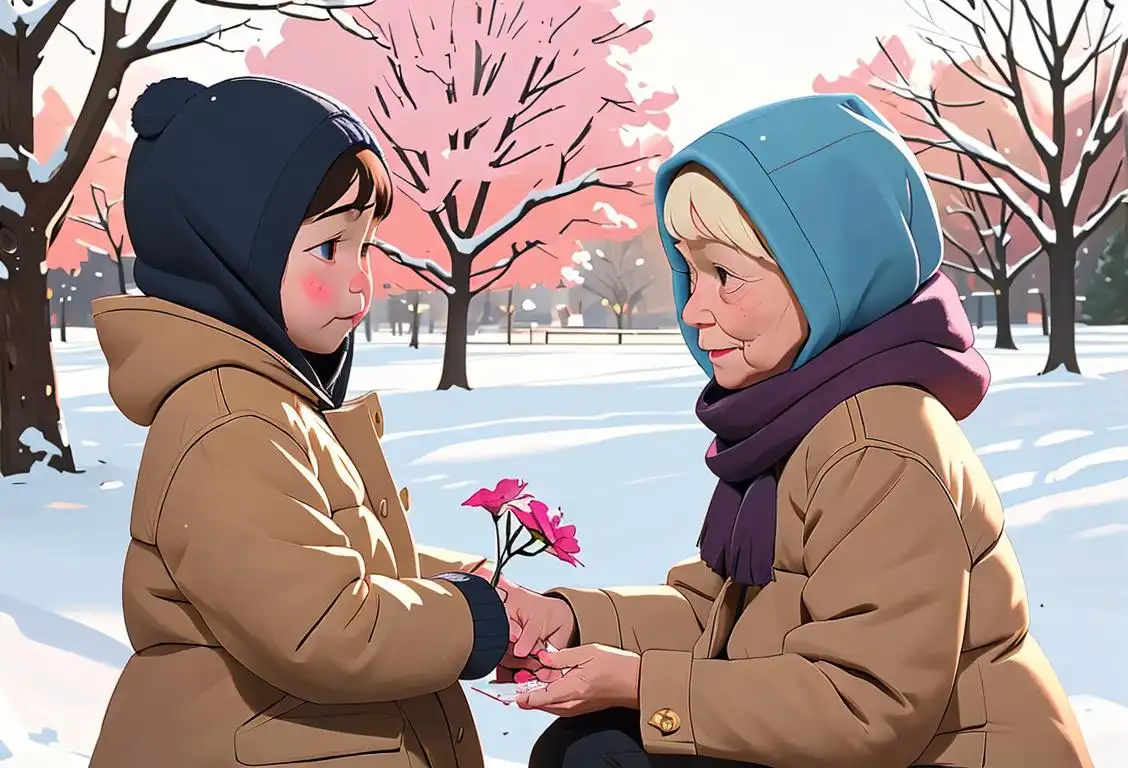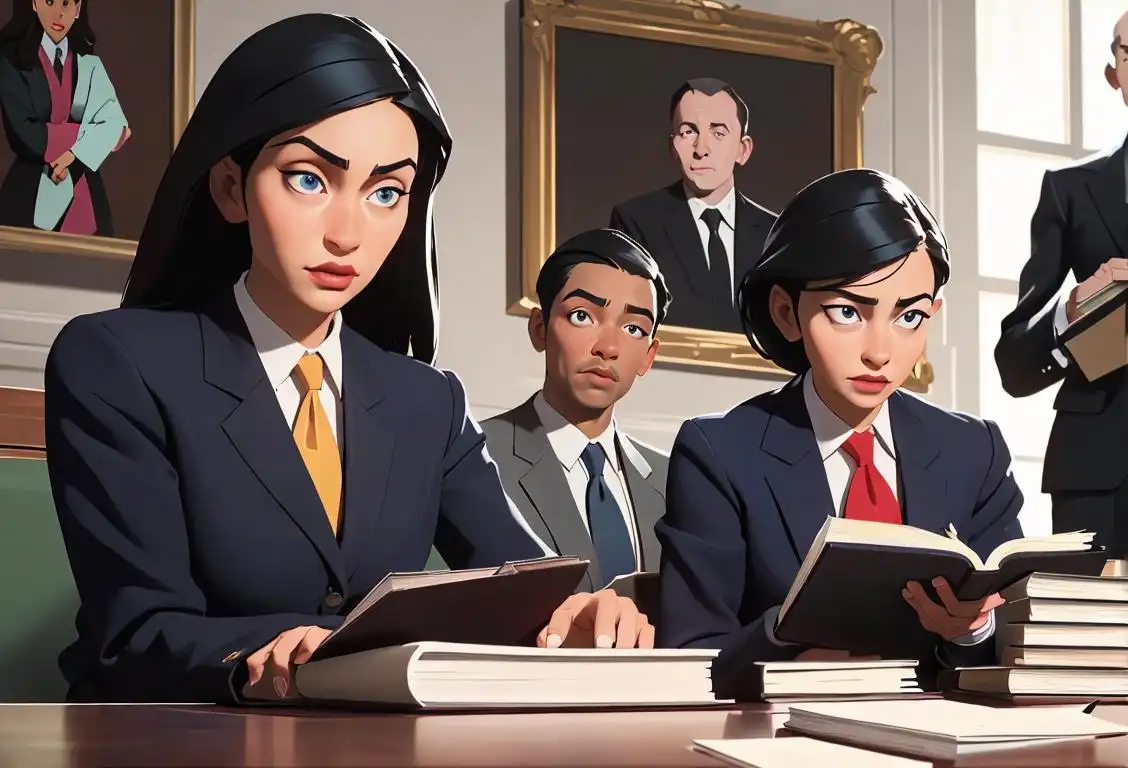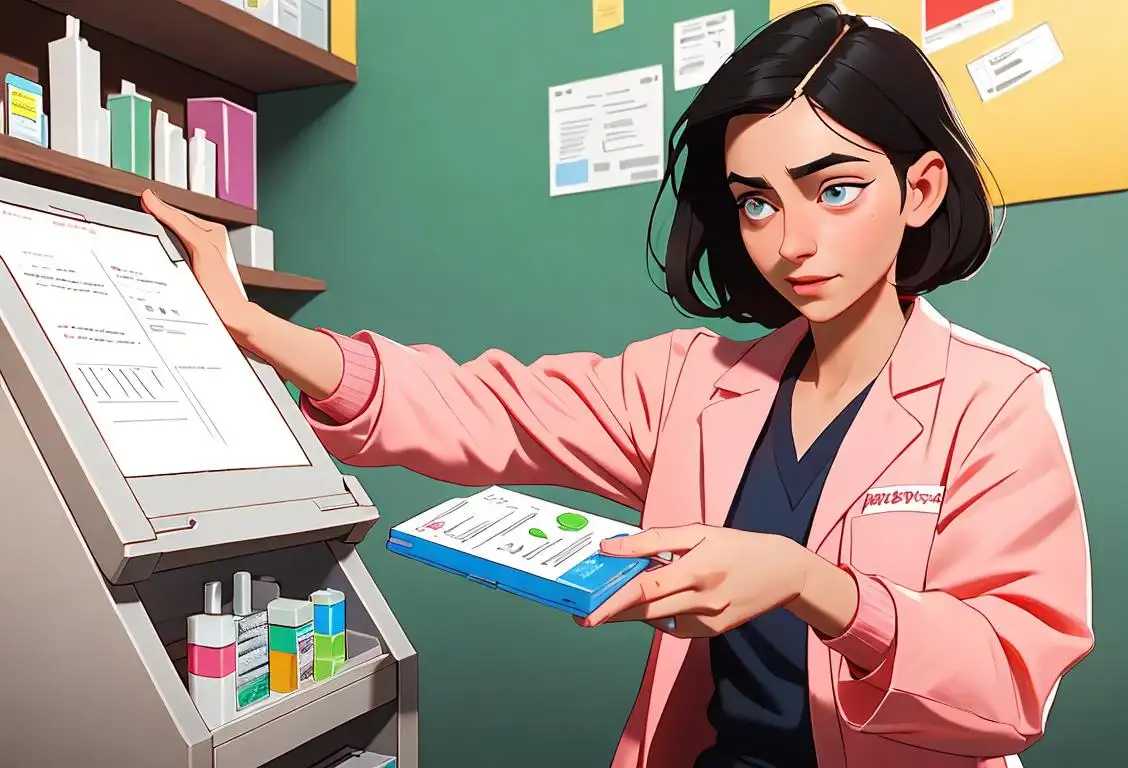National Autism Day

The world wide web can sometimes feel like its own, sometimes chaotic, often colorful ecosystem. But on April 2nd, this eclectic online environment with its clickable trends, hashtags, and social media flurry, aligns to celebrate something truly special: National Autism Awareness Day. Yes, it could even cast a shadow over National Peanut Butter Jelly Day (April 2nd, too, folks!).
When is Autism Day?
It's national autism day on the 2nd April.
About National Autism Day
National Autism Awareness Day, inaugurating on April 2nd, 2008, made its splash on the internet and the hearts of millions of netizens who rallied to spread understanding for the cause. The day kicks into full gear each year with a surge of social media posts, lovely home videos, heartfelt blog write-ups, and even online charity fundraisers.
History
In 2007, United Nations, who we may add have officially declared an astounding 129 international days to this calendar, recognized the urgent need to raise awareness about Autism on a global scale and thus called for an annual observance. Since then, every 2nd of April is devoted to promoting inclusivity and acceptance towards folks in the autism community.
The Most Notable Internet Celebration
According to our internet sleuthing, the most points were scored on April 2nd, 2015. The digital world was buzzing with over 2028 mentions! It was a day painted blue, in solidarity with the 'Light It Up Blue' campaign, propelling the movement's visibility. The autism community, supporters worldwide, and celebs too, tweeted their hearts out, sharing educational posts & personal stories, lighting up the web-o-sphere with empathy and compassion. The details, we won't forget!
The Role of the Internet
The online world gives the Autism community a vibrant platform to connect, advocate and give voice to those associated with autism. Forums, YouTube channels, and Instagram pages serve as lively hubs, bursting with love, strength, and the vibrant celebratory spirit that National Autism Day represents.
History behind the term 'Autism'
1911
Eugen Bleuler introduces the term 'autism'
In 1911, Swiss psychiatrist Eugen Bleuler first introduced the term 'autism' to describe certain symptoms he observed in individuals with schizophrenia. He used the term to refer to a withdrawal from reality and self-absorption, which he believed were characteristic of the disorder.
1943
Leo Kanner distinguishes autism as a separate condition
In 1943, American psychiatrist Leo Kanner published a landmark paper in which he distinguished autism as a separate condition from schizophrenia. Kanner described autism as a 'pervasive lack of affective contact' and identified its core features, such as social and communication difficulties, restricted interests, and repetitive behaviors.
1964
'Autism' becomes a widely accepted term
By the mid-1960s, the term 'autism' had gained widespread acceptance within the medical and psychological communities. It came to be recognized as a distinct developmental disorder with unique characteristics and diagnostic criteria.
1980
Autism included in the DSM-III
In 1980, autism was formally recognized and included as a distinct disorder in the third edition of the Diagnostic and Statistical Manual of Mental Disorders (DSM-III) published by the American Psychiatric Association. This inclusion further solidified the term 'autism' as the standard label for the condition.
1994
Expansion of autism spectrum with DSM-IV
In 1994, the fourth edition of the DSM (DSM-IV) expanded the diagnostic criteria for autism and introduced the concept of the autism spectrum. This change recognized the wide range of symptom severity and variations within the autism spectrum, leading to increased understanding and support for individuals with autism.
2013
Transition to DSM-5: Autism Spectrum Disorder
In 2013, the fifth edition of the DSM (DSM-5) was published, replacing the previous diagnosis of 'autistic disorder,' 'Asperger's disorder,' and other related diagnoses with a single umbrella term: 'Autism Spectrum Disorder' (ASD). This change aimed to promote a more unified understanding and diagnostic approach to autism.
Did you know?
The color blue and the puzzle piece are popular symbols associated with Autism awareness. So, if you spot folks cloaked in blue or see a sudden surge of puzzle pieces flooding your feed on April 2nd, well, now you know why!Tagged
awareness community social media autism world wide webFirst identified
21st March 2015Most mentioned on
2nd April 2015Total mentions
2028Other days
Autism Day
Boob Day
Random Acts Of Kindness Day
Friend Day
Cheese Pizza Day
Law Day
Philanthropy Day
Hug Your Cat Day
Prescription Drug Take Back Day
First Responders Day








